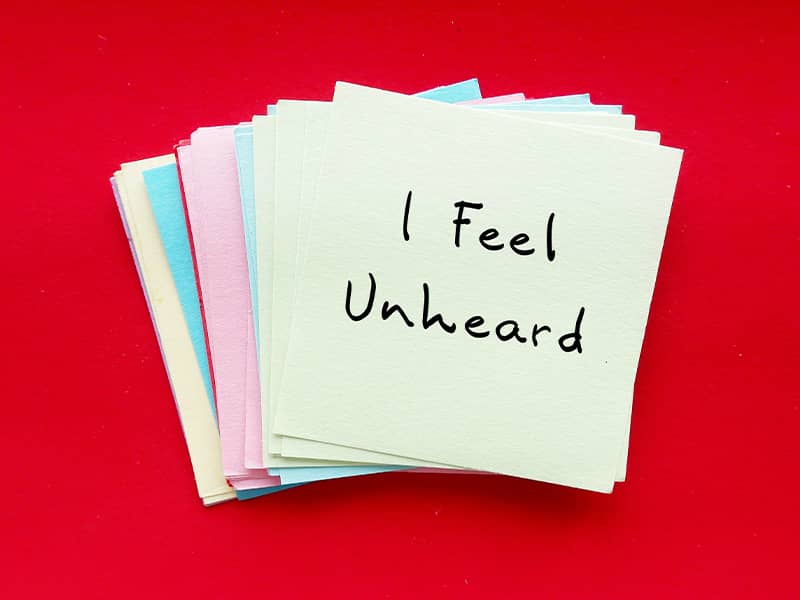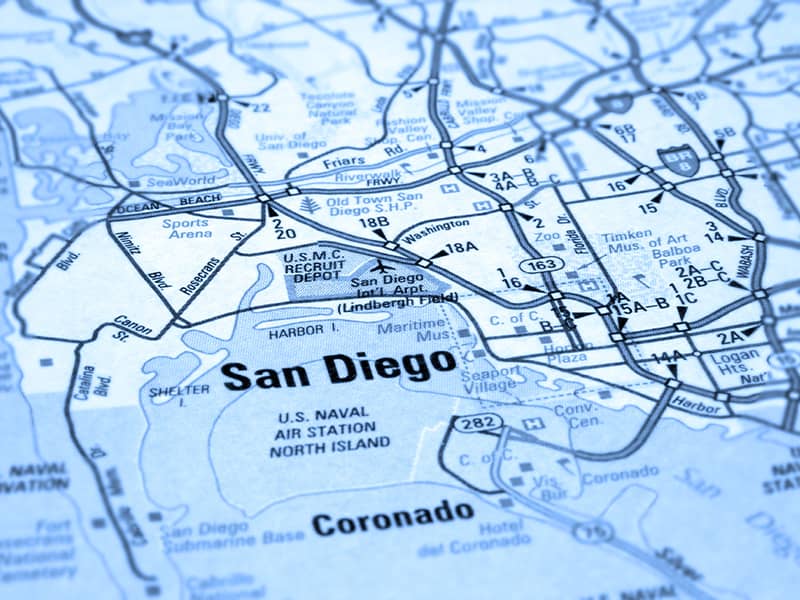SAN DIEGANS KNOW THEIR LOCAL GOVERNMENT IS FAILING THEM
Here’s How:
A lengthy series of scandals in San Diego’s government has exposed breaches of trust and serious mismanagement.
A 2024 City audit revealed $15 million in unauthorized contract spending by the mayor’s office. This wrongdoing added to the frustration that followed the 101 Ash Street debacle, where the City squandered millions of taxpayer dollars on a building so toxic that it could not be used.
Earlier scandals, like the 2007 Sunroad fiasco, where officials approved an illegal high-rise, and the 2003 pension crisis, which left the city financially crippled, had earlier eroded public confidence in local leadership.

Many San Diegans feel betrayed and disillusioned, believing that their government prioritizes special interests over the public good. According to a recent survey:
In that same survey, more voters said that politicians and local government were a greater problem for San Diego than issues surrounding immigration, the border, crime, safety, drugs, taxes, jobs, or the economy.
The City’s betrayal has led some to mistakenly believe that political dysfunction is unavoidable. While frustration with local government is understandable, solutions are within our grasp. There are concrete actions we can take to create a more effective and accountable system.
To paraphrase prominent political scientists, Douglas Amy and Arend Lijphart, the voting system we use affects not just how elections work, but also how fair and representative the government is. If we want to improve how our local government works, changing the voting system is one of the best and most effective ways to do it.
The Serious Flaws in San Diego’s Current Election System Have Far-Reaching Negative Consequences
Various forms of CHOICE VOTING are used in the United States and beyond. These voting systems are often referred to as “The Gold Standard.” To fully understand why CHOICE VOTING receives such high praise, it is best to first recognize the profound shortcomings of our current electoral system.

SAN DIEGO’S ELECTION SYSTEMS LEADS TO INEFFECTIVE GOVERNMENT
Systems like San Diego’s contribute to ineffective governance by concentrating power among a narrow set of interests, limiting policy innovation and responsiveness. Without broader representation, elected officials become stuck in political stagnation, preventing meaningful legislative progress.

SAN DIEGO’S ELECTION SYSTEM LIMITS VOTERS’ ABILITY TO HOLD ELECTED OFFICIALS ACCOUNTABLE
Election systems such as San Diego’s also limit voters’ ability to hold officials accountable, as many feel their votes do not matter if they do not support the leading candidates. This discourages political engagement and perpetuates a cycle where incumbents and major parties dominate elections, leaving little room for new voices or alternative policies.

SAN DIEGO’S ELECTION SYSTEM LEAVES SIGNIFICANT PORTIONS OF VOTERS UNREPRESENTED
Under San Diego’s current voting method, all votes cast for losing candidates, regardless of how close the election is, have no impact on the outcome. For example, in a race with two candidates where one wins with 51% of the vote, the other 49% of voters effectively receive no representation, as their preferred candidate loses outright. This creates a system where large portions of the electorate are left unrepresented in decision-making. The lack of representation for those who voted for losing candidates undermines the idea of fair representation and contributes to voters feeling disenfranchised. This can lead voters to become so discouraged that they feel their participation doesn’t matter, which then can lower turnout in future elections.

SAN DIEGO’S ELECTION SYSTEM PRIORITIZES SPECIAL INTERESTS
San Diego’s election system gives disproportionate power to special interest groups and influential backers. Because candidates aim to win by just a few more votes than their opponents, they concentrate on pleasing small, organized groups and funders that help them win, rather than addressing the broader public’s needs. This dynamic can result in laws and decisions that benefit only a select few, leaving the majority underrepresented and making it harder for the government to be fair and responsive to all voters.

SAN DIEGO’S ELECTION SYSTEM PROMOTES NEGATIVE CAMPAIGNING
San Diego’s current election system incentivizes negative campaigning because candidates often benefit more from discrediting their opponents than from focusing on policy issues. Negative campaigning creates an “us versus them” mentality that contributes to political polarization. As political parties focus on outmaneuvering the opposition, they often take more divisive positions to energize their supporters. This leaves little room for solution-oriented voices, as the focus shifts from problem solving to dominance, further entrenching divisions among San Diego voters.

SAN DIEGO’S ELECTION SYSTEM PROMOTES MANIPULATION OF ELECTORAL DISTRICT BOUNDARIES
San Diego’s election systems present a significant issue with gerrymandering—the manipulation of electoral district boundaries to favor a particular group. By drawing district lines to consolidate or dilute the voting power of certain groups, political actors can further solidify their power.
